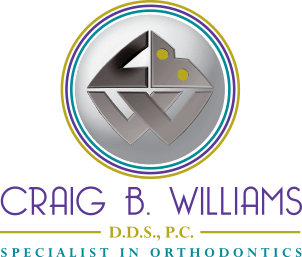EMAIL OR CALL: (404) 243-3210
Visit Our Office
Decatur, GA
2855 Candler Road, Suite #12, Decatur, GA 30034
Email: cbwortho@drcraigwilliamsortho.com
Request An AppointmentOffice Hours
- MON9:00 am - 5:00 pm
- TUE9:00 am - 5:00 pm
- WED9:00 am - 1:00 pm
- THU9:00 am - 5:00 pm
- FRI9:00 am - 1:00 pm
- SATClosed
- SUNClosed





